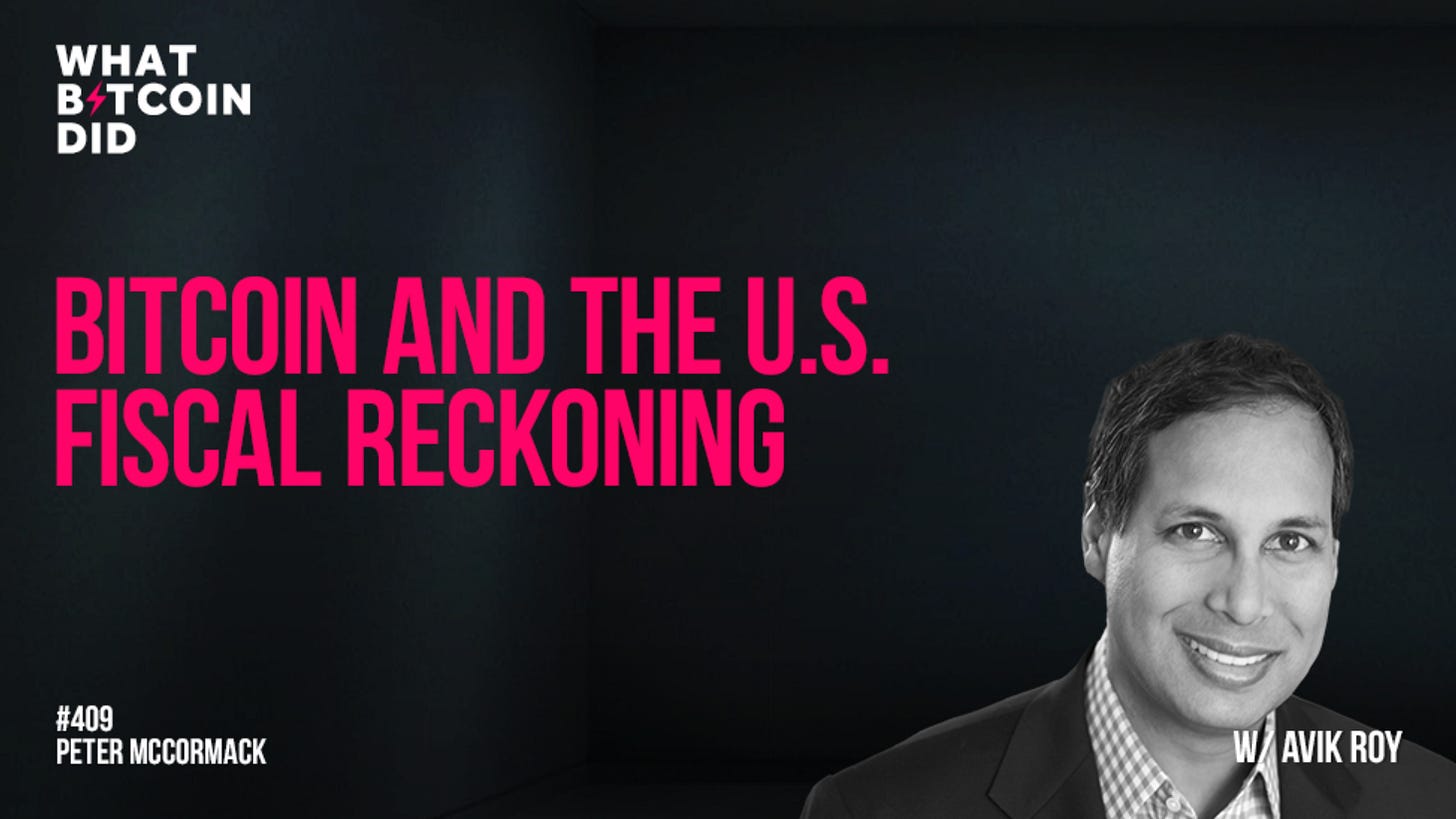States that steal from foster children
Plus: Bitcoin’s role in battling inflation; bringing geniuses to America; and a Medicare policy that puts rural hospitals at risk
Virginia should stop taking foster children’s social security benefits: There are more than 5,000 children in foster care in Virginia. Those that are not adopted face unique and serious challenges when they age out of the system and into adulthood. Making their struggle for independence even harder? Virginia’s policy of allowing state and local child welfare agencies to take foster children’s Social Security survivor and disability benefits to pay for the child’s government services. The state then sends any unused money back to the federal government. This policy amounts to theft from this vulnerable population. Fortunately, as FREOPP Senior Fellow Dan Lips writes, states like Maryland and Nebraska have changed similar laws to place these benefits into an account for children’s use when they age out of care. Virginia should do the same.
What Bitcoin Did: Earlier this week, FREOPP President Avik Roy discussed–among other things–new legislation to regulate digital assets on the “What Bitcoin Did” podcast with Peter McCormack. While we wait for that episode to be released, we hope you enjoy this clip from the archives, featuring Avik’s previous appearance on the show. Last fall, he and Peter talked about Bitcoin’s role in overcoming America’s growing problems with debt and inflation, as well the dangers inherent in central bank digital currencies.
Want a deeper dive? Avik’s National Affairs article, “Bitcoin and the U.S. Fiscal Reckoning,” which he and Peter discussed at length during the October show, makes the case that Bitcoin could compete with treasury bonds as the premier source of wealth in the world. Bitcoin can also provide powerful protection against inflation for those of modest means.
How do we bring more of the world’s geniuses to America? According to the Pew Research Center, three in four Americans support encouraging the immigration of high-skilled workers. Unfortunately, as FREOPP Visiting Fellow Natalia Dashan writes, pathways for extraordinary individuals to come to America are narrow and underutilized. More immigrants want green cards than are given each year. But bringing the world’s best and brightest to America will make life better for those already here, strengthening the economy and improving the quality of available goods and services. Increasing the cap on the number of green cards issued for high-skilled immigrants should be a change policymakers on both sides of the aisle can agree on.
Rural ACOs face an unsustainable dilemma under Medicare: In our last email, we discussed the Affordable Care Act’s “family glitch.” This week, we tackle the “rural glitch,” a reimbursement shortfall that places rural hospitals that are part of Accountable Care Organizations (ACOs) at risk of insolvency. The Centers for Medicare and Medicaid Services (CMS) use a formula to measure ACOs’ performance in reducing costs, aiming to reward those that save taxpayers money. In practice, however, the formula penalizes ACOs which serve larger proportions of their region’s population, most often those in rural areas. As FREOPP Visiting Fellow Mark Dornauer describes, a simple change to the formula could fix the problem, and either Congress or CMS could make the change. Policymakers just need to make it a priority.
Thanks for keeping up with FREOPP, and have a great weekend!
FREOPP’s work is made possible by people like you, who share our belief that equal opportunity is central to the American Dream. Please join them by making a donation today.




